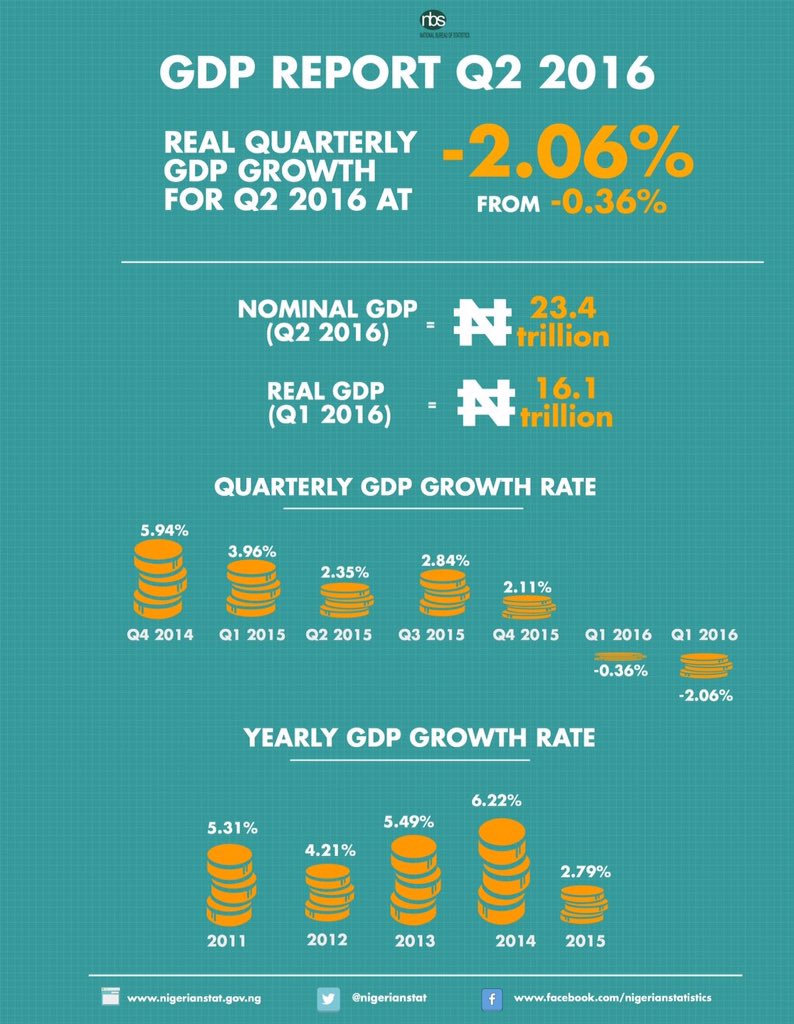A year before his wedding, Jude Egharevba was overjoyed when he bought a plot of land to build a house for him and his fiancee on the outskirts of Lagos, Nigeria's commercial capital.
But his joy was short-lived, after a group of young men stormed his land and demanded cash to leave peacefully.
The same men and other gangs visited his land several times and disrupted the building work, forcing Egharevba, an oil and gas executive, to pay them off with one million naira ($3,175) over the course of a year in order to finish the construction.
These men, known as the Omo Onile, which means "Sons of the Soil" in the local Yoruba language, roam Lagos looking for land owners and property developers to dupe and extort for money.
"They milk you at every stage, and beat up your workers if you don't pay," said Egharevba, 28, who had to postpone his wedding due to the constant setbacks to the construction of his house.
The menace of the Omo Onile, whose numbers have swelled in recent years amid rising unemployment in Nigeria, is discouraging investors, hindering businesses and holding back development in Lagos state, government officials say.
Earlier this year, the governor of Lagos, Akinwunmi Ambode, vowed to crack down on those who extort landowners or take over their property, and set up a task force to tackle the problem.
The state's assembly followed his lead, and on Aug. 15 the Lagos State Properties Protection Law was enacted.
The law punishes land theft and a range of related offences with fines and a jail term of between five and 21 years.
"These hoodlums were becoming embarrassing, and were frustrating companies," Akinjide Bakare, chairman of the Omo Onile task force, told the Thomson Reuters Foundation by phone.
"Lagos was losing investments to other states, and the government decided to step in and act," Bakare added.
"SONS OF THE SOIL"
Land disputes and theft have long been a contentious issue in Lagos, and across Nigeria, according to land rights experts.
Dating back to the 1920s, most disputes within society and customary court cases have been about land, said a staff member at the National Archives of Nigeria, who asked to remain anonymous because he was not permitted to speak to the media.
In 1978, Nigeria passed the Land Use Act, which nationalised all land, and was intended to override customary land rights - where people have traditional rights but no legal recognition or protection of their land. This aimed to make land more accessible, improve tenure security, and boost development.
But the act made allocating land discretionary, fuelling state corruption, and contributed to Nigeria's large informal land market, academics and development experts say. "Some Omo Onile believe the land was originally theirs and so act as if government ownership does not count," said Matthew Ottah, a Lagos-based lawyer and also a victim of the Omo Onile.
While there are no estimates of the number of Omo Onile, their ranks are believed to be growing as Nigeria's unemployment rate has reached a seven-year high - 12 percent - and Lagos state's population continues to grow past 20 million people.
Across Lagos, the Omo Onile idle in their communities, often drinking and smoking, but always on the lookout for abandoned projects, land purchases and deals struck by construction firms.
"There are no jobs from the government and vulcaniser (local rubber) work does not pay so this is better than stealing," said Jamiu Alao, a young man who scouts out potential victims for the Omo Onile in Ajah, an area still under development in Lagos.
Some have set up small, bogus offices to bait prospective landowners, sometimes with illegible or misspelt signage and flyers, where they pose as genuine real estate developers.
They issue fake certificates of occupancy, collect money from landlords overseeing renovations, and conspire with some local traditional leaders to fleece property developers.
"Those who have money for land must settle with those who are keeping the land safe," Alao added. "The new people must show respect to the old people - the sons of the soil."
BATTLE FAR FROM OVER
When construction boss Kunle Adigun decided to take on the Omo Onile years ago, and press charges against the intruders, he arrived at his building site to find all his workers had quit.
"Eventually, I had to pay up," the 32-year-old said.
"It is no good arguing with them or bringing police into the matter, because even they want to get money from land deals."
Previously, forcibly entering a person's land or seizing that land was punishable under the Lagos Criminal Law by two years in jail, yet it was rarely enforced, experts say.
Frustrated by the impunity of the Omo Onile, lawyer Ottah, who has been supporting their victims for over a decade, set up a start-up for land verification, identifying "risky lands", detailing a history of land cases, and selling land.
"For unsuspecting buyers, I recommend a trustworthy lawyer, a quantity surveyor ... and prayers," Ottah said with a smile.
The new Properties Protection Law, which criminalises a range of offences from the illegal occupation of property and the use of land agents to selling property without authority, has been hailed by Lagos residents and activists alike.
Yet the battle against the Omo Onile and land theft is far from over, according to Samuel Oloyede, a professor of estate management at Covenant University, just outside of Lagos.
"There is no way to completely eliminate this issue - the land is vast and there are no official records in many cases."
"The new law will minimise disputes because no one wants to go to jail. But it can not stop the problem completely because people will always find a way to cheat the system," he said.
(C) Thomson Reuters Foundation












